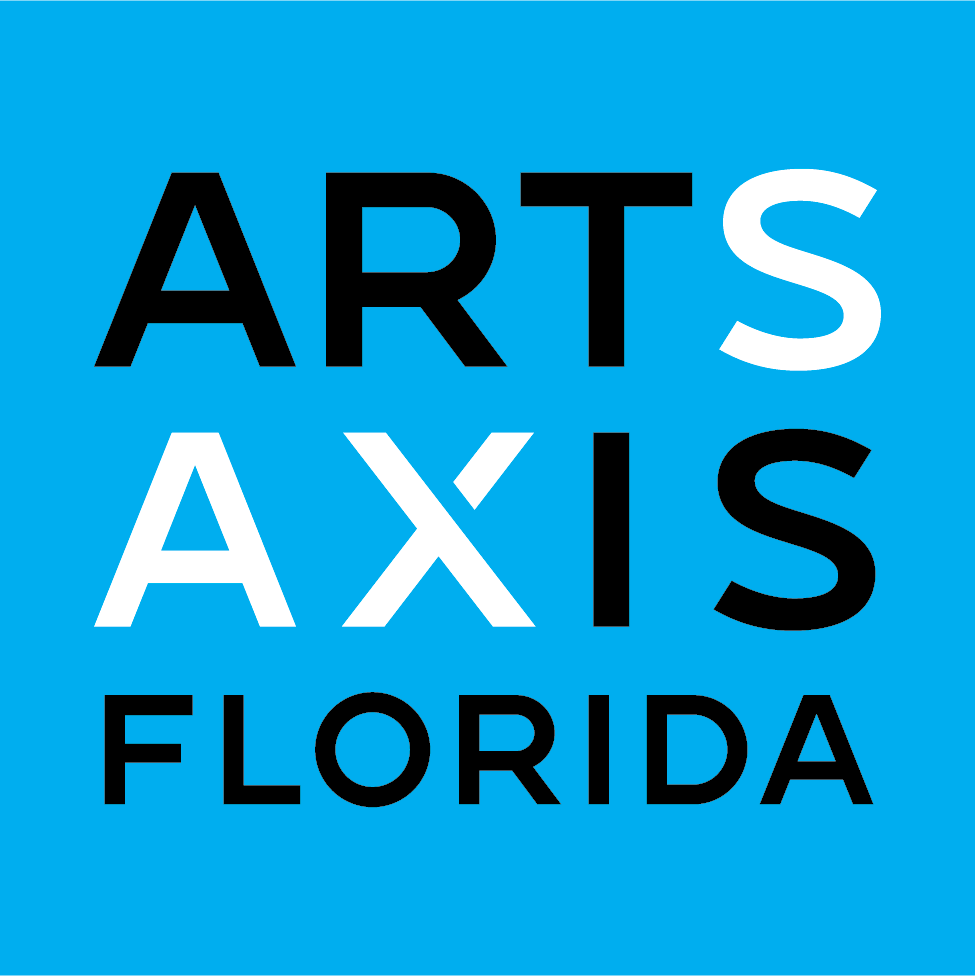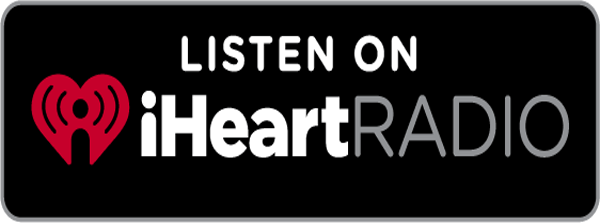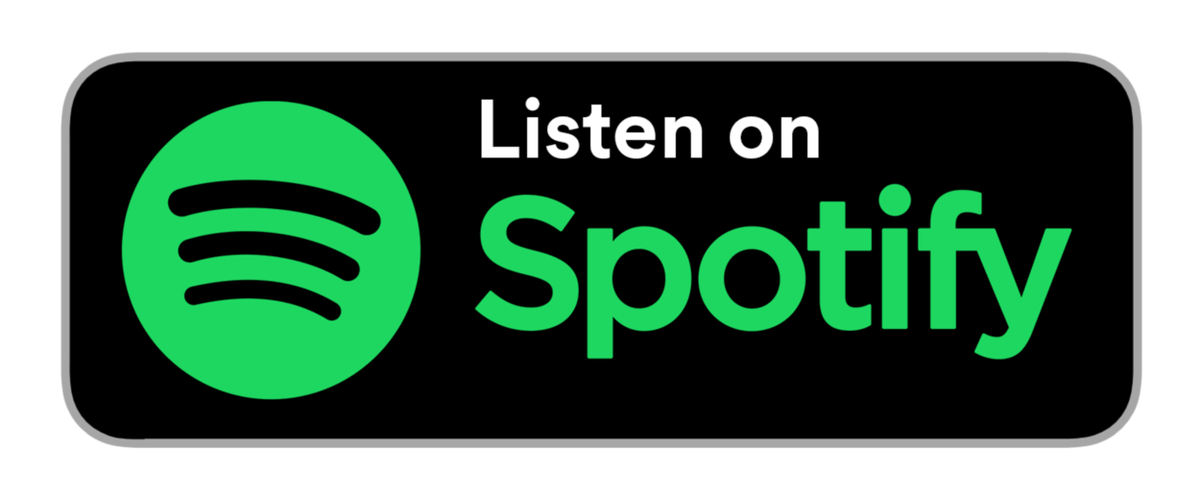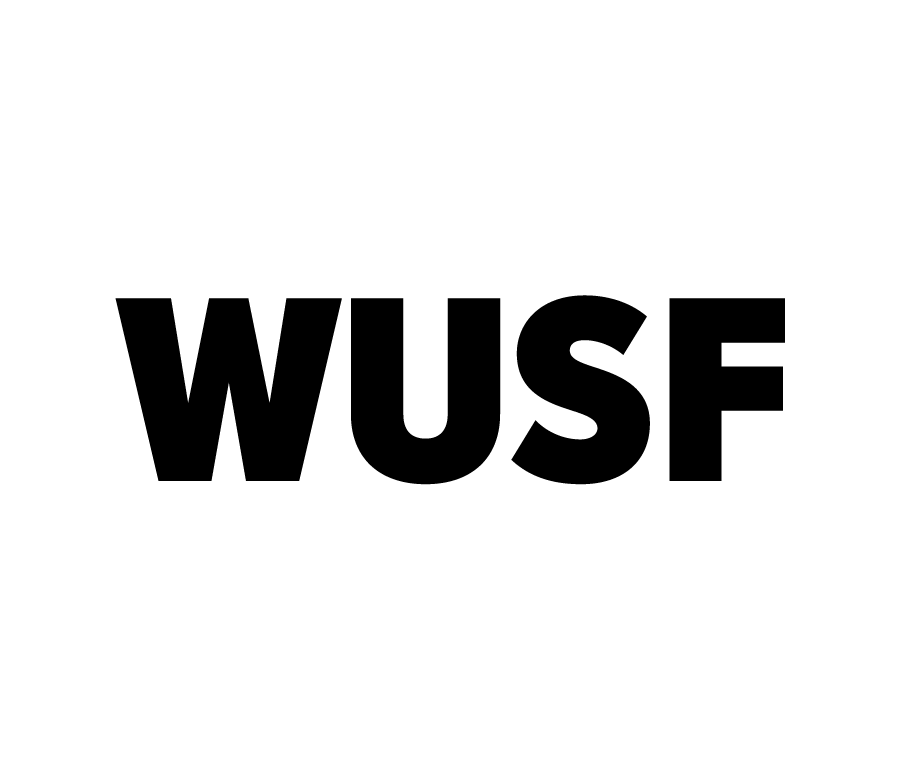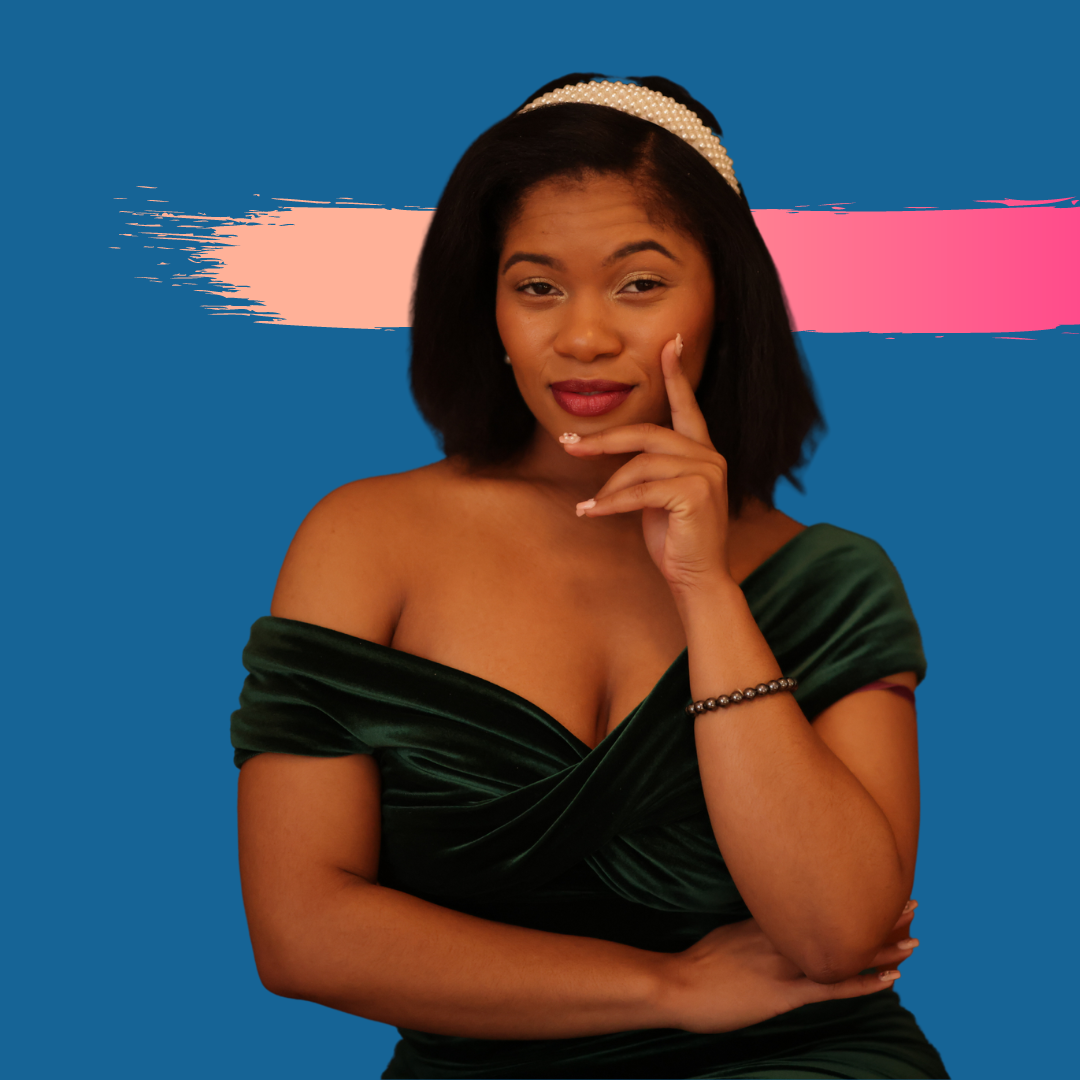
Jamie Dawson
Trans
TranscriptAAF_HM_S1E3_Jamie (version 2)
Jamie: [00:00:00] Every word is a world. Uh, what that means is we could live and sit inside of a single word because of its nuance. Because of its meaning. We have to take the time and chew and, you know, just put your mouth around it. Yeah. Um, and know the intention that you have for that word, the possibilities of that word, and then to know.
What you want that word to be?
Malaika: Welcome to Happy Medium. A podcast where artists make art on the spot while creating art. With host me Malika Hollist, we chat on topics like the days of doodling in their diary, how self-love gave them confidence, or on building a successful art career using only old boxes. This podcast made by W U S F Public Media is about one's journey to finding [00:01:00] self through a creative medium.
Hi everybody. Welcome back to Happy Medium, and today our guest is Jamie.
Jamie: Hi, I'm Jamie Dawson. I'm a spoken word artist and performer.
Malaika: Yay. So today we are doing, and again, paint by numbers. We are doing, um, this kind of fruit collage. We're working on the corners, the bottom right and the bottom left corners.
What do you think about words is so attractive to you?
Jamie: Ooh, okay. That's a good question. I think that. A certain part of it is innate. Mm-hmm. Because of the way that it's tied to expression. Yeah. Like, words are the way that we, you know, share and make meaning and try to take what's in our mind and like connect to somebody else.
Yeah. And I think that expression in general is unique to everybody. Yeah. Um, I think over time, you know, we [00:02:00] standardize what's supposed to mean what, but mm-hmm. At the end of the day, words are the catalyst. And the the structure to just thought.
Malaika: You mentioned earlier when we spoke that you started doing art when it comes to words and poetry in fifth grade, but you didn't start to really share on your own until ninth grade.
What happened then? Like what made you create that change and decide, okay, I'm ready to like really share my art?
Jamie: I don't know if I ever really hit the point where I'm like, I'm ready to share my art. Um, it was for me, uh, always a lot of encouragement. Mm-hmm. From like my peers and from my teachers.
Whenever I got to the point of sharing it was because someone was like, yo, this that you've made is, is good. Like, I think everyone should hear it. So in ninth grade there was this structured um, event within the schools, and it's called the Poetry Jam. Yeah. And so with Poetry Jam, everyone who wants to can come, we do a [00:03:00] workshop, um, with, uh, a local artist, a local poet, and we practice performing.
We free write some. So overall, a really fun time. Yeah. But then to cap off the fun time at the end, There's a little bit of a competition. Um, so we take either poetry that we made exactly that same day uhhuh or that we like practice ahead of time and we read it and get judged and like that's, that's the event.
So, Ninth grade, you know, I have my notebook all, like my little poems in it. I go to poetry Jam. This is really the first time that I understand that people can perform. Right. Like poetry. Yeah. And like really just get into it. And so then I, I, I went for it. I read a poem as part of the jam in ninth grade for a lot, from the encouragement of my teachers and from my peers.
Mm-hmm. And I got first place. Nice and I won. So Wow. Since then, really me and poetry and performing and
Malaika: like this, you're like, we're going all the way. Yes. That's so fun. Do you remember what you, what you did? [00:04:00] Like, do you remember your poem at all, or like what it was about?
Jamie: Yes, I do remember. It was a terrible poem. It was great for an ninth grader, I guess, right?
Malaika: Yeah. I'm sure. It wasn't terrible,
Jamie: but it was called Tik Tok. Ah, yeah, that's funny. Um, now, now it's funny. Yeah. There's an actual app and everything Yeah. About Tik Tok. Um, it was about like feeling like you're running out of time. Um, I just remember the last lines of that one.
It was like, it was like through a hourglass metaphor or something. Okay. So it's like Tik Tok, Tik Tok and like someone getting lost in things. But the last words were like down. I fall down and in sand I drown. Ooh. And everyone's like, hubby, love it.
Malaika: It seems like your school and your teachers really encourage you to kind of lift your voice.
Um, how important do you think that was in you being able to continue to grow and spoken word as you grew up? Absolutely.
Jamie: Like a thousand percent . [00:05:00] Yeah, totally critical. Totally critical. Because. Um, after you kind of get that start, it becomes about craft. Yeah. You know, as well, getting better at something and to do that in a vacuum when poetry is so like human and expressive, and we all have our different ways of saying life.
Right. I don't think I could have gotten better in a vacuum.
Malaika: We hope you are enjoying Happy Medium. Our podcast is made in collaboration with W U S F Public Media, Arts Axis Florida, and the NPR network. Arts Axis Florida is your online destination for finding content on all things art going on in your area. Go to Arts Axis, that's A X I S florida.org to learn more and find all Happy Medium podcast episodes.[00:06:00]
So you eventually began performing poetry. You joined a youth arts collective called Heard 'Em Say, and then you found a college that also really encompassed all the art that you wanted to do, including spoken word and more. Can you explain that kind of experience and going to college and what that was like?
Jamie: Yes. Okay. So the, the program that I joined, um, First Wave was like the pillars of like, arts, academics, and activism. So being an artist is, is great and fantastic, but also the emphasis on like, what can we learn? Mm-hmm. What can we explore? How can we grow? Um, I gotta choose my own majors. So I chose psychology.
Mm-hmm. And African-American studies with an emphasis on the arts. So, But I chose that to also continue to help strengthen my lens with my art. Yeah. And then doing it all at the same time. So that part of the program in college was amazing. Just the different people I got to grow with and experience [00:07:00] um, international trips, studying abroad, but people knowing that we're artists.
So also creating a platform. Yeah. Um, so things like coffee shops in Denmark and you know, Presentations in, in Brazil. Things that like, I never really imagined, you know, for myself. Yeah. But college and being a part of something made it happen. Made it accessible.
Malaika: What, what school is this? I feel like we need to, we need to let people know in case they wanna look it up.
Jamie: Please. It is the University of Wisconsin -Madison. Okay. Yes. It was good to have my art as a anchor. Throughout that time. Yeah. Because otherwise, you know, it could have been rough.
Malaika: So your journey has been colored by the talent of many black and brown artists. How do you think that has allowed you to flourish in your art and allowed you to feel like you can grow?
Jamie: Mm, representation definitely matters. Seeing artists who look like me speaking freely about, um, [00:08:00] What the culture means to them or has done to them what their experiences were like, really empowered me to enter my take into, yeah. The, the whole story and the whole fabric of, yeah, what is a nuanced experience.
Yeah. I love writing about Tampa and Florida and sunshine and waters and Florida water and making it this beautiful just sunset feeling. Mm-hmm. Uh, throughout everything. If I can incorporate a little bit of like, wind through the palm trees in just the cadence or the way that I say something, that's what I lean into.
I a hundred percent believe that experience influences your art, your environment. Yeah. And even topic.
Malaika: How do you find the right way to say certain words? How do you guys learn that? Is that something you learn or is it kind of part of your own self?
Jamie: Oh gosh, yes. You absolutely learn it. Mm-hmm. And practice it.[00:09:00]
Um, what they taught me, every word is a world. Ah, yes. Our, our poet laureate here, Mr. James Toley, that's his mantra. Every word is a world. Uh, what that means is, We could live and sit inside of a single word because of its nuance, because of its meaning. We have to take the time and chew and, you know, just put your mouth around it.
Yeah. Um, and know the intention that you have for that word. Yeah. To know the possibilities of that word, and then to know what you want that word to be. Yeah. Yeah. I'm a, I'm a big fan too. Nonsense poetry. Is is a thing. Jabberwocky uhhuh, you know, "Twas brillg, and the slithy toves did gyre and gimble in the wabe : All mimsy were the [00:10:00] borogoves, and the mome raths outgrabe."
None of those are real words. Again, back to expression. Mm-hmm. Like if the intention is there and you know you're taking that leap, sometimes it comes out like nothing. A scream, a yell, a cry a, a welp, but all of that. It builds to mean something.
Malaika: Yeah. And if the intention's there, then people, people can feel it, you know, they'll feel something.
Which is really, cuz I felt something and I didn't know what you were saying, but I was like, Ooh, that's interesting. So you say you have a goal to, with your art, you know, create spaces that are real and really expressive. But in order to do that, you need to stay grounded in yourself. How do you. How do you keep yourself grounded, you know, every day so you can continue to do your work because, you know, there's so much going on in the world, it's hard to stay, you know, focused.
Jamie: Yes. Focus is, is a great word. Um, there's a such thing as like a tune [00:11:00] out to tune in. Mm-hmm. Um, and that gives people permission to rest, to meditate, to paint mm-hmm. To do something outside of the ordinary that goes against the, we have to do it. We have to fix everything now, like, you know, go, go, go. So grounding to me looks like taking time to breathe, to rest, to recalibrate, to visualize.
Yes. Uh, to redefine. Mm-hmm. Because sometimes your goals change. Sometimes you think of a brand new way to do something, but it's in that in between space of living where we can make the most progress.
Malaika: Mm-hmm. That's very true. I'm grounded right now cause I'm like, what do I wanna say next? But I'm gonna ground and, and think and wait.
Jamie: Yes. And there's no rush. Yeah. Basically that's, that's the whole thing. Understanding that. You know, there's no rush. And to trust [00:12:00] yourself to do it in the way that's gonna be the best for you.
Malaika: Yeah. And creativity, like real creativity can take time. And if you rush it, then you might not come up with an even better idea that you might have had if you allowed yourself the opportunity to wait and see what can come to you and try things.
And I think that's kind of hard for people and young people in general to do. There's always this kind of like, Rush all the time and that you need to like move quickly in life and sometimes you do just need to like slow down so you can really see what's going on around you, you know? Yes.
Jamie: Yeah, you said it.
That's beautiful.
Malaika: Thank you. What is some advice that you would give to, you know, teens who were like you back in, you know, elementary or middle school who are getting into art. Maybe it's spoken word or any kind of art, but they're not sure how to express that and how to start, [00:13:00] how to start. What would you advise them?
Jamie: Ooh, I, I think that's, there's so many resources now. Mm-hmm. Um, that maybe like I didn't have or know how to use, but kids days know how to use it. They do, man. Like go like Google and TikTok and YouTube and masterclass. Like go like do that. So your heart's desire, it's so like low risk, right? Because all you have to do is like, take the time and, and invest inside of yourself. Um, explore that curiosity. And even if you're not ready to share it with people or you know, voice that to your parents like, Hey, I wanna go take this class. Like, you can start these little itty bitty nuggets. Yeah. Like on your own and see how much you really do like it.
Malaika: Well, thank you for being on the podcast today. I appreciate yours. Looks beautiful. It's starting to little orange. It's starting to look like little orange. Yeah, we're getting somewhere.[00:14:00]
Thank you for listening to Happy Medium. You can find more info about the guest and other episodes in the show notes below, or go to our website, Arts Axis Florida.org. Thank you to our sponsors, Community Foundation Tampa Bay, building a vibrant, prosperous community through transformative vision, leadership, and philanthropy at cftampabay.org.
And the Gobioff Foundation supporting human rights organizations and the Tampa Florida Arts community at gobiofffoundation.org. Lastly, thank you to PRX for consulting on this podcast, the Arts Axis Florida team, and the Florida Department of State Divisions of Arts and Culture for making these episodes possible.
Copyright 2023 W U S F. Public media.[00:15:00]
